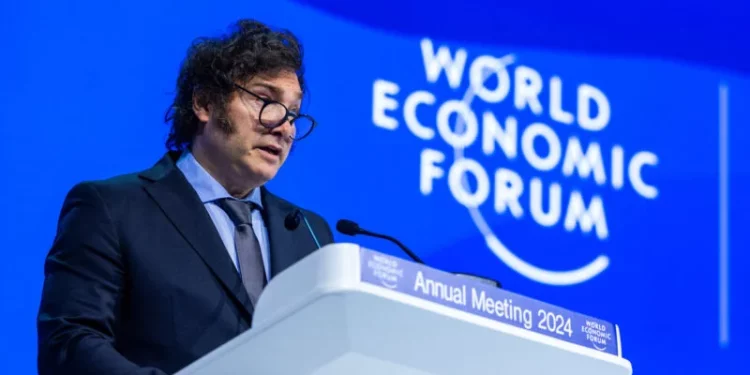Kenya’s current economic turbulence, marked by significant social unrest and opposition to the finance bill 2023’s tax hikes, highlights the urgent need for innovative economic strategies. The government’s reliance on increased taxation to generate revenue has faced fierce resistance, especially from the youth. A potential solution lies in exploring alternative economic models, particularly those that have shown promise in other countries facing similar challenges. One such model is the approach advocated by Javier Milei in Argentina. By drawing lessons from Milei’s economic principles, Kenya can chart a path toward sustainable growth and stability.
Embrace Market Liberalization
One of the cornerstone principles of Milei’s economic philosophy is market liberalization. This involves reducing government intervention in the economy, deregulating industries, and fostering a competitive market environment. For Kenya, this could mean cutting red tape that stifles entrepreneurial activity and investment. Simplifying business registration processes, reducing bureaucratic hurdles, and creating a more transparent regulatory framework can encourage both local and foreign investments. By allowing market forces to operate more freely, Kenya can stimulate economic activity, create jobs, and boost productivity.
Privatization of State-Owned Enterprises
Milei has been a strong proponent of privatizing inefficient state-owned enterprises (SOEs). In Kenya, many SOEs are plagued by inefficiency, corruption, and financial losses, draining public resources. Privatizing these entities can lead to better management, increased efficiency, and reduced fiscal burden on the government. Additionally, it can attract private sector expertise and capital, which are crucial for revitalizing these enterprises. The proceeds from privatization can be reinvested in critical areas such as infrastructure, education, and healthcare, further driving economic growth.
Fiscal Discipline and Efficient Public Spending
Argentina’s economic woes have often been exacerbated by fiscal mismanagement and rampant public spending. Milei advocates for stringent fiscal discipline, ensuring that government spending is efficient and aligned with national priorities. Kenya can benefit from adopting a similar approach. This involves conducting thorough audits of public expenditure, eliminating wastage, and redirecting funds to high-impact projects. Implementing transparent budgeting processes and enhancing accountability can restore public confidence and ensure that every shilling is spent wisely.
Tax Reforms to Spur Growth
While Milei’s economic model emphasizes reducing tax burdens, Kenya’s current situation requires a nuanced approach. Instead of blanket tax increases, the government can consider targeted tax reforms aimed at broadening the tax base and promoting economic activity. For instance, reducing corporate tax rates can incentivize businesses to invest and expand, creating jobs and increasing tax revenues in the long run. Introducing tax incentives for startups and small businesses can foster innovation and entrepreneurship. Moreover, improving tax compliance and reducing evasion through robust enforcement mechanisms can boost revenue without resorting to harsh tax hikes.
Monetary Stability and Anti-Inflation Measures
Inflation has been a persistent issue in Argentina, eroding purchasing power and destabilizing the economy. Milei advocates for measures to achieve monetary stability, such as controlling money supply and adopting anti-inflationary policies. Kenya can learn from this by maintaining a prudent monetary policy, ensuring that inflation remains within target ranges. Strengthening the independence of the Central Bank can help in making impartial decisions focused on long-term economic stability. Additionally, maintaining stable exchange rates can boost investor confidence and protect the value of the Kenyan shilling.
Encouraging Foreign Direct Investment (FDI)
Attracting FDI is crucial for Kenya’s economic growth. Milei’s emphasis on creating a business-friendly environment is key. Kenya can achieve this by offering investor-friendly policies, ensuring political stability, and enhancing infrastructure. Streamlining investment procedures and providing legal protections for investors can make Kenya an attractive destination for global capital. FDI brings not only financial resources but also technology transfer, skills development, and access to international markets, all of which are vital for economic development.
Kenya’s path to economic recovery and growth can be inspired by the principles advocated by Javier Milei in Argentina. By embracing market liberalization, privatizing inefficient SOEs, ensuring fiscal discipline, implementing targeted tax reforms, maintaining monetary stability, and encouraging FDI, Kenya can create a vibrant and resilient economy. These measures, if effectively executed, can help alleviate the economic pressures facing the nation and pave the way for a prosperous future.















